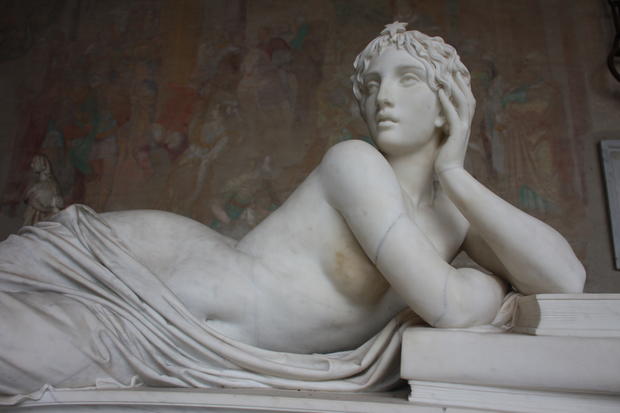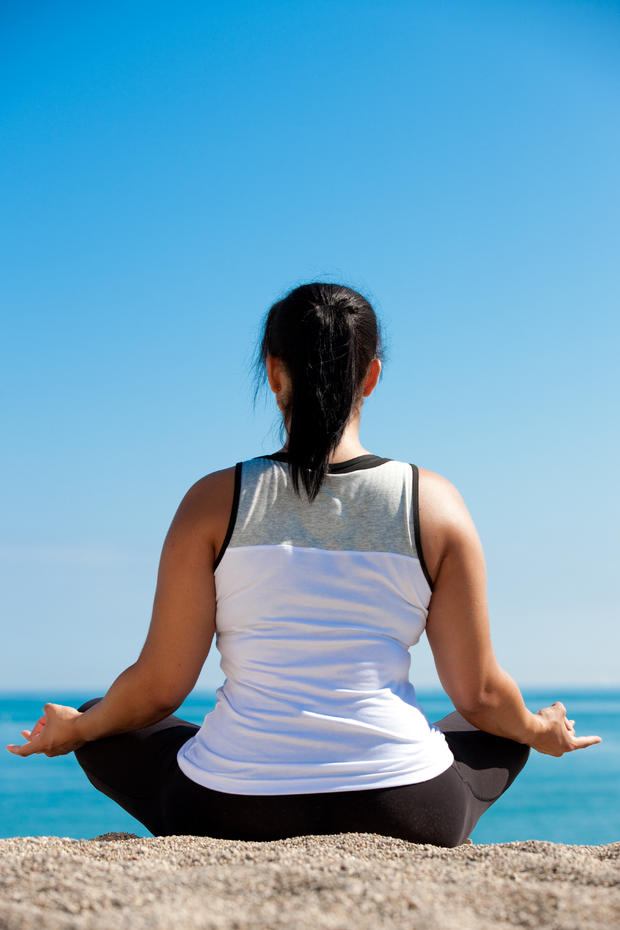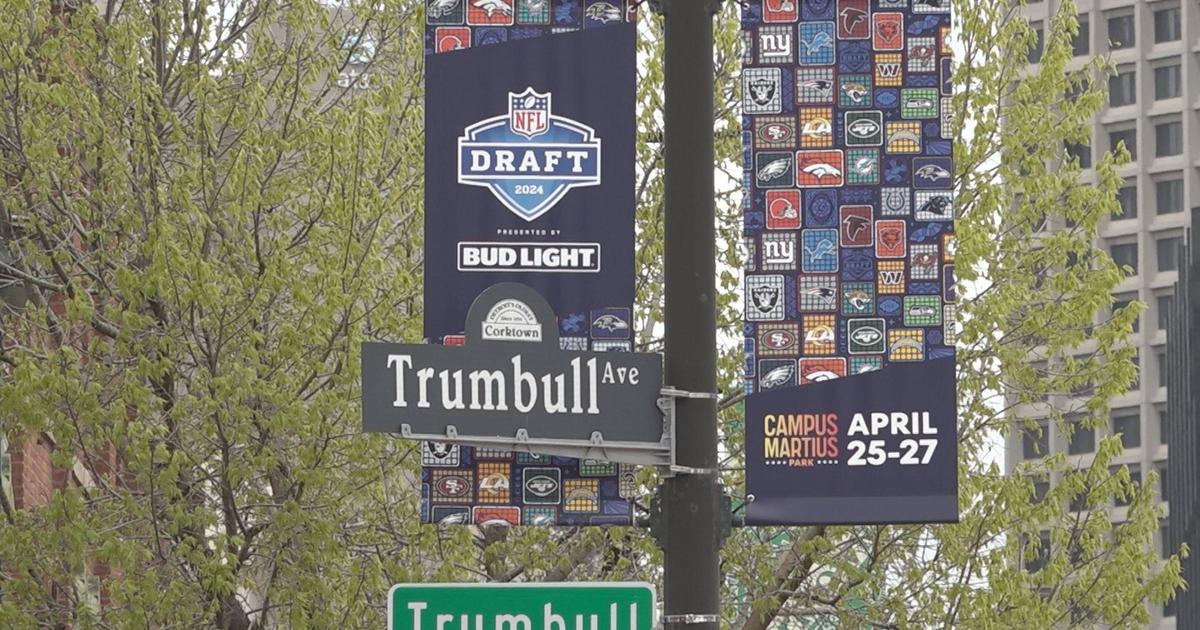Blog: Prejudice Can Add Pounds
by Derek Fawaz
As many men, I am fascinated by women. It doesn't matter whether they have a different skin color, nationality or body size, all women are unique and fine with me. But often, when these three factors are addressed, we use them to define a woman's identity. Body size for women is so ingrained in our culture because it is the first thing people see. Often this observation leads a person to engage their first instinct, which is usually to judge. For instance, when people address women who are "plus-size", or women of a size larger than the normal range, the response is unfortunately not always positive. As a young man who has grown up with a mom who has always struggled with her weight, it makes me angry to see how people criticize and make fun of women who are dealing with this issue. I see it is a form of prejudice in our society called, "size-bullying," where people judge another person's body shape in order to shame them. It works the same way as regular bullying in that the provocateur feels the need to criticize someone who contradicts their own beliefs. For me, the bottom line is that people who engage in "size-bullying" need to stop and really look at "plus-size" women for who they are on the inside. Differences in appearance make us all unique. The question is: how can people move beyond their own blind prejudices?
"Size-bullying" has also become a problem for professional "plus-size" models on the web through social media. Because the fashion industry is shifting its focus to the "plus-size" realm, there are now more curvaceous women modeling than ever before. Recently, I watched the "I'm No Angel" commercial by Lane Bryant on YouTube, which featured "plus-size" model, Ashley Graham. Some of the comments that I read were text book examples of "size-bullying," including, "Oh sure, let's promote excess body fat as true beauty." Even more disgusting was the fact that thirteen people "likes" the comment.
Almost from its inception, the fashion industry created their image of what the ideal woman should look like. As a result, the "slender image" has become the focus of our belief system. This prejudice has motivated models such as Ashley Graham, along with Danielle Redman, Inga Eiriksdottir, Julie Henderson, and Marquita Pring, to launch a beauty campaign entitled ALDA in 2014. The campaign aims to alter perceptions as well as engage and empower women of different shapes & sizes, in order to inspire confidence and create a positive environment for women to be happy and comfortable with themselves. It is my belief that if more people engaged in a similar collaboration, we could reduce or eliminate "size-bullying" altogether.
This being said, if we go outside of the world of modeling and fashion, "size-bullying" is something that affects women in everyday society on a regular basis. Young girls going to school are dealing with peer pressure, which goes hand in hand with "size-bullying." In the United Kingdom, for example, a 12-year-old girl from Chaddesden, Derbyshire, was invited by the school to play the role of Augustus Gloop in a production of Charlie and the Chocolate Factory because of her large size. It is bad enough that this girl has had to deal with being bullied by her own peers. Now she also has to deal with an educational system assigning a label to her appearance (also, I am not sure who was in charge of casting this production, but I could have sworn Augustus Gloop was a boy). Luckily though, the headmaster of the school, is investigating the matter since it had brought so much negative attention to the school. Similarly, one of my good friends from college is a woman who often makes fun of the fact that she used to be overweight when she was younger. For example, during class she commented, "Of course, this happened back in high school when I used to be fat and couldn't play sports in gym class." At the time, I laughed because she was a funny person, but then stopped myself when I realized the struggle she must have had growing up.
Many of the complaints I have read that are directed towards "plus-size" girls and women contain remarks such as, "Why don't these women exercise, instead of showing off?" Before these people write those comments they should stop and ask, "Is it possible that these women have some kind of health problem that's keeping them from exercising?" In fact, it is common for women with weight problems to have health conditions that compromise their ability to stay in shape. The friend I mentioned is in her twenties and has to wear a pacemaker. My Mom has arthritis in her knees and is unable to participate in cardiovascular exercise. Besides, who is to say that women who are "plus-size" are not exercising? A perfect example of this comes from an article recently published by The Huffington Post about a woman named Molly Galbraith. Galbraith who has a "plus-size," yet toned physique posted a photo of herself in a bikini by the beach on her health/wellness page, describing how she nurtured her body to look the way it does. Naturally, she does not have your traditional "beach body," but is still confident to share her story and is now recognized as gorgeous for the way she looks. She mentions all of the judgement and criticism people have given her about her body shape, but remains proud of the way her body looks. Additionally, she has been diagnosed with autoimmune thyroid disease and polycystic ovary syndrome - both diseases that are common causes of weight gain. It is this kind of case that I wish other people would think about before they say, or write something nasty about a person's body shape.
Finally, in my research, I have discovered something fascinating. In ancient times and for many centuries, women who had "fullness" to their bodies were considered the models of beauty. If you look at how women are depicted in the statues sculpted during 1st Century Rome, or even the oil paintings from the 1500s to the late 1800s, their physiques are similar to those of the plus-size women of today. If a woman was seen as too thin, they were deemed unhealthy by the public, since larger women were associated with fertility and pro-creation. In other words, a woman had to have enough shape to their bodies to give the impression they were healthy enough to have children. Just as women were associated with nature and creation in the Italian Renaissance, the ancient Greeks believed women with round hips were associated with divinity. If history is telling us anything, it is that we have been contradicting what we used to define as beautiful.
These are just some of the cases that I keep in mind when observing how curvaceous women are frowned upon by many in modern society. As I said before, we are dealing with a form of prejudice. All prejudices are ugly, and expose the ugliness of the people who live by them, which is why we need to treat them as a "social cancer." It is something that has not yet been cured. For those who are causing the prejudice to spread, I have questions for them. "Do you understand the hurt you are inflicting?" "Do you ever ask someone why they are overweight?" "Do you know their whole story?" Or better yet, "Why do you feel the need to attack people who look different than you, and how would you like to be treated if you looked like them?" The naysayers are doing an injustice to themselves as well as the "plus-size" women by ignoring the beauty they have to offer. Can we start to look at women with curves as beautiful again? One thing is for sure: never, ever say that a woman is "chunky." She is a person, not a can of soup.
Derek Fawaz is a writer and filmmaker from Dearborn, Mich. with a passion for research. Derek is an intern at CBS 62 and CW50, a graduate of the University of Michigan Ann Arbor with a degree in Screen Arts & Cultures. He is also a Communications student at the University of Michigan Dearborn.





